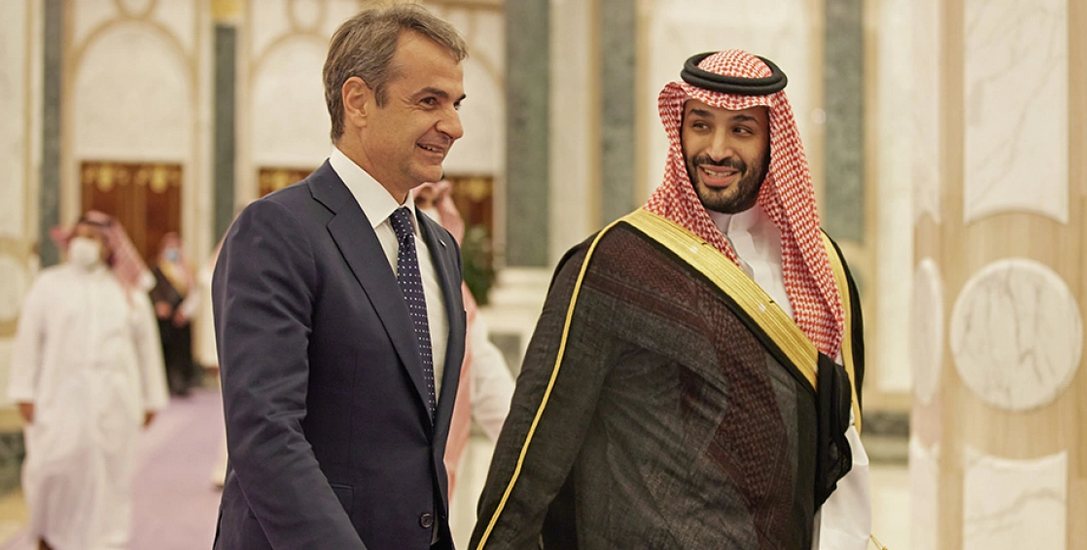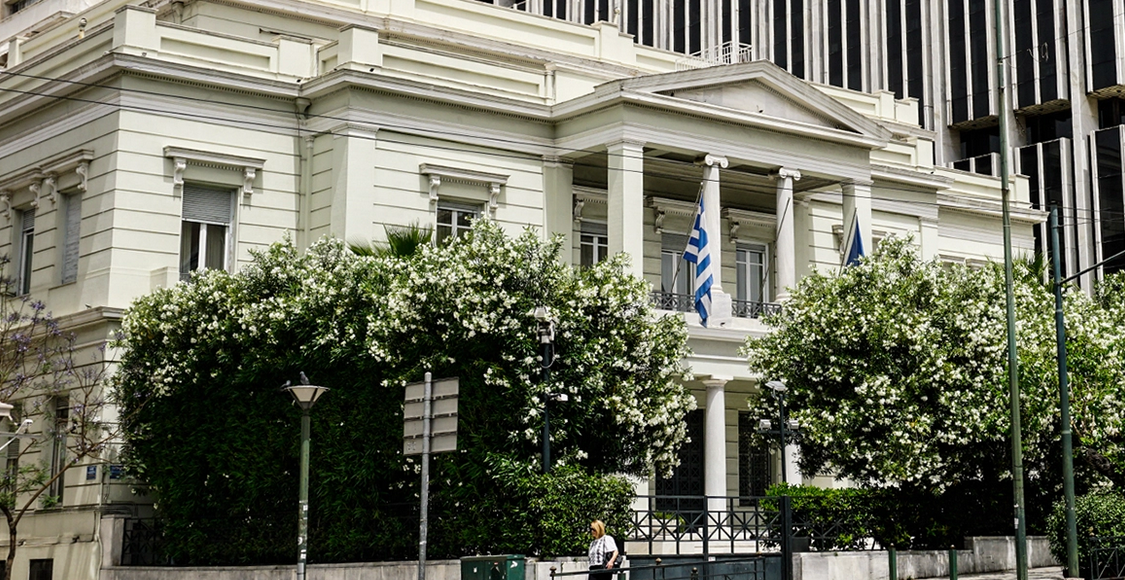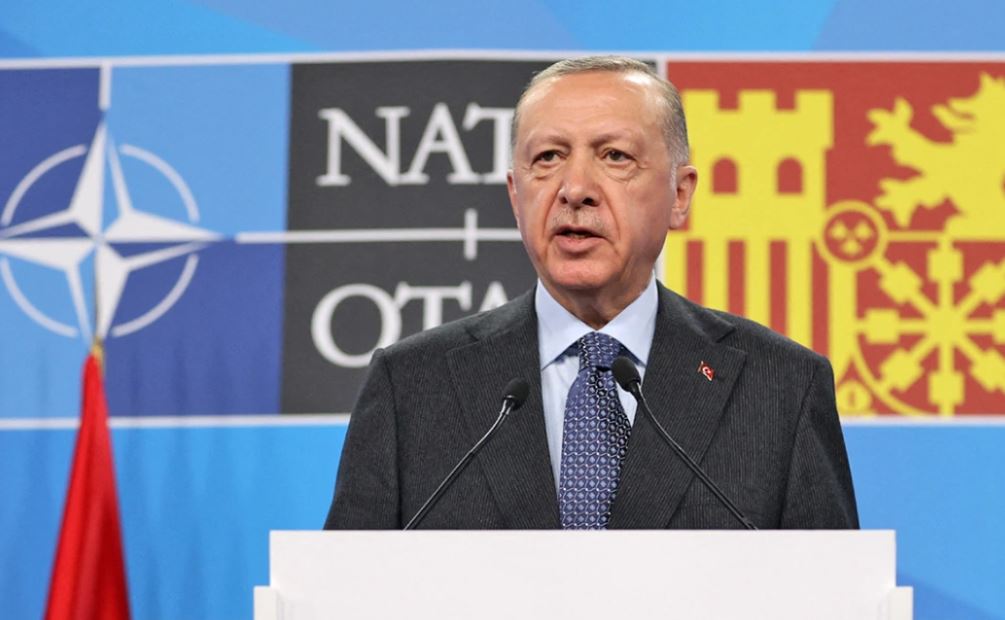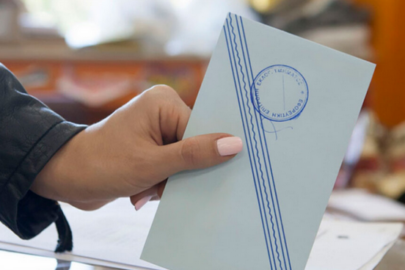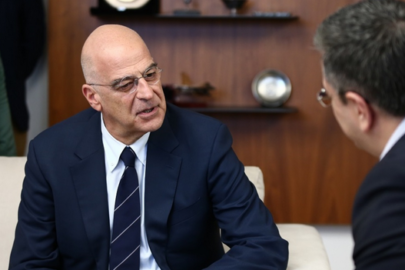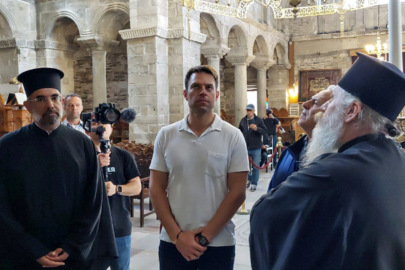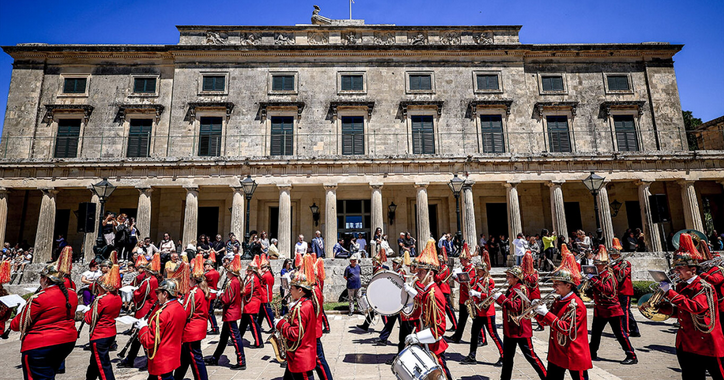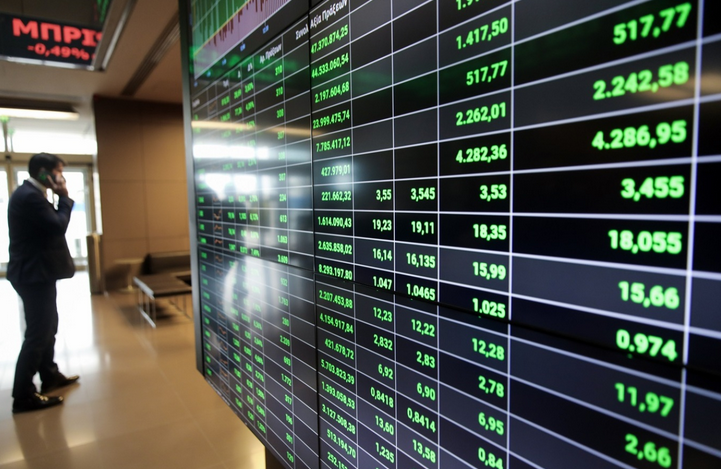When Russia and Ukraine reached an agreement on Friday to unblock Ukrainian grain exports, Turkey’s president, Recep Tayyip Erdogan, played the role of benevolent statesman.
Seated next to the United Nations secretary general in an Ottoman palace in Istanbul, Mr. Erdogan said the deal, which Turkey helped to broker, would benefit “the whole of humanity.”
President Biden’s administration welcomed the agreement, which could relieve a global food crisis intensified by Russia’s invasion of Ukraine and blockade of its ports. Officials expressed skepticism about whether Russia was acting in good faith, and Russian missiles struck the Ukrainian port city of Odesa less than a day after the pact was signed. Still, a White House spokesman had commended Mr. Erdogan for his efforts.
But privately, Mr. Erdogan has remained a source of substantial irritation for Biden administration officials.
Days before presiding over the grain agreement, the Turkish autocrat renewed a warning that he might veto NATO’s plans to accept Sweden and Finland as members in the coming months, an act that would deeply embarrass the alliance and the Biden administration as they work to counter Russia. And Congress this month expressed misgivings about Mr. Biden’s pledge at a NATO summit in Spain last month to sell dozens of F-16 fighter jets to Turkey.
On Tuesday, Mr. Erdogan traveled to Tehran for meetings with Iran’s president, Ebrahim Raisi, and Russia’s president, Vladimir V. Putin. The images of two prime American rivals with Mr. Erdogan, the leader of a NATO country, clashed with the Western narrative of a deeply isolated Iran and Russia, analysts said.
Scientists hack fly brains to make them remote controlled
Then on Friday, a White House spokesman reiterated U.S. concerns about Mr. Erdogan’s threats to mount a new invasion of northern Syria targeting U.S.-backed Kurdish fighters whom he considers terrorists.
Taken together, Mr. Erdogan’s actions — and Mr. Biden’s limited ability to restrain them — underscore the Turkish leader’s unique position as a military ally frequently at odds with the agenda of his Western allies. To U.S. officials, it is an often maddening role.
“Erdogan is basically the Joe Manchin of NATO,” said Elizabeth Shackelford, a former Foreign Service officer, referring to the conservative Democratic senator from West Virginia who has stymied Mr. Biden’s domestic agenda. “He’s on our team, but then he does things that are so clearly not good for our team. And I just don’t see that changing.”
Read more: The New York Times


